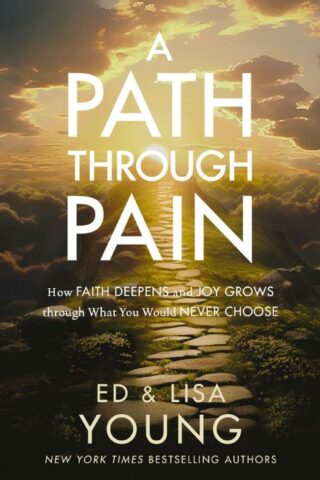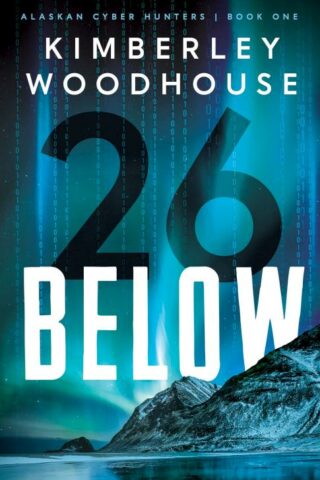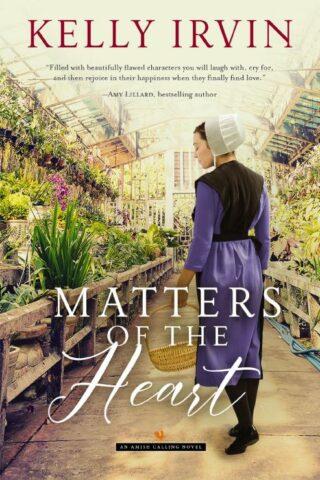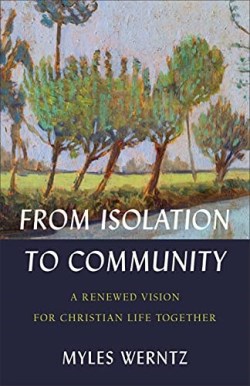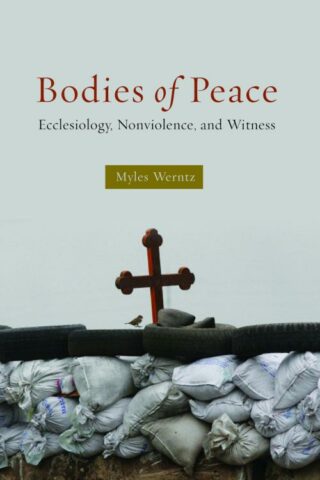Myles Werntz
Showing all 4 resultsSorted by latest
-
From Isolation To Community
$22.99It is no secret that isolation is one of the key ailments of our age. But less explored is the way the church as it is frequently practiced contributes to this isolation instead of offering an alternative. With the help of Dietrich Bonhoeffer, this book argues for a renewed vision of the church community as a theological therapy to cultural, moral, and sociological isolation. It offers an account of how familiar church practices, such as Scripture reading, worship, prayer, and eating, contribute to community formation in the body of Christ.
Add to cartin stock within 3-5 days of online purchase
-
Field Guide To Christian Nonviolence
$21.99Christian nonviolence is not a settled position but a vibrant and living tradition. This book offers a concise introduction to diverse approaches to, proponents of, and resources for this tradition. It explores the myriad biblical, theological, and practical dimensions of Christian nonviolence as represented by a variety of twentieth- and twenty-first-century thinkers and movements, including previously underrepresented voices. The authors invite readers to explore this tradition and discover how they might live out the gospel in our modern world.
Add to cartin stock within 3-5 days of online purchase
-
Field Guide To Christian Nonviolence
$66.65Christian nonviolence is not a settled position but a vibrant and living tradition. This book offers a concise introduction to diverse approaches to, proponents of, and resources for this tradition. It explores the myriad biblical, theological, and practical dimensions of Christian nonviolence as represented by a variety of twentieth- and twenty-first-century thinkers and movements, including previously underrepresented voices. The authors invite readers to explore this tradition and discover how they might live out the gospel in our modern world.
Add to cartin stock within 3-5 days of online purchase
-
Bodies Of Peace
$73.33Contents:
Introduction: Ecclesiology, Nonviolence, And The Claims Of War
1. War, Church, And The Plurality Of Witness
2. The Church As Witness: John Howard Yoder, Dialogical Nonviolence, And The Church’s Performance
3. The Church Forming Nonviolence: Dorothy Day, The Mystical Body, And The Logic Of Tradition
4. The Church As Naming Nonviolence Witness: William Stringfellow, The Powers, And The Word’s Renewing Work
5. The Church Supporting Nonviolence: Robert McAfee Brown, CALCAV, And Worldly Ecumenicity
Conclusion
BibliographyAdditional Info
This book argues that Christian nonviolence is both formed by and forms ecclesial life, creating an inextricable relationship between church commitment and resistance to war. Examining the work of John Howard Yoder, Dorothy Day, William Stringfellow, and Robert McAfee Brown, this book explores how each thinker’s advocacy for nonviolent resistance depends deeply upon the ecclesiology out of which it comes. These forms comprise four strands of a comprehensive Christian approach to a nonviolent witness rooted in ecclesial life.Because each of these figures’ ecclesiology implicates a different mode of resistance to war and a different relation between ecclesiology and resistance to war, the volume argues that any account of an ecclesially-informed resistance to war must be open to a multitude of approaches, not as pragmatic concessions, but as a foretaste of ecumenical unity. Insofar as the pursuit of peace in the world can be seen as a church bearing out the work of the Spirit, the approach of other ecclesial traditions can be seen not as competitors but as common works of the Spirit, which other traditions may learn from and be challenged by.
Add to cartin stock within 3-5 days of online purchase



